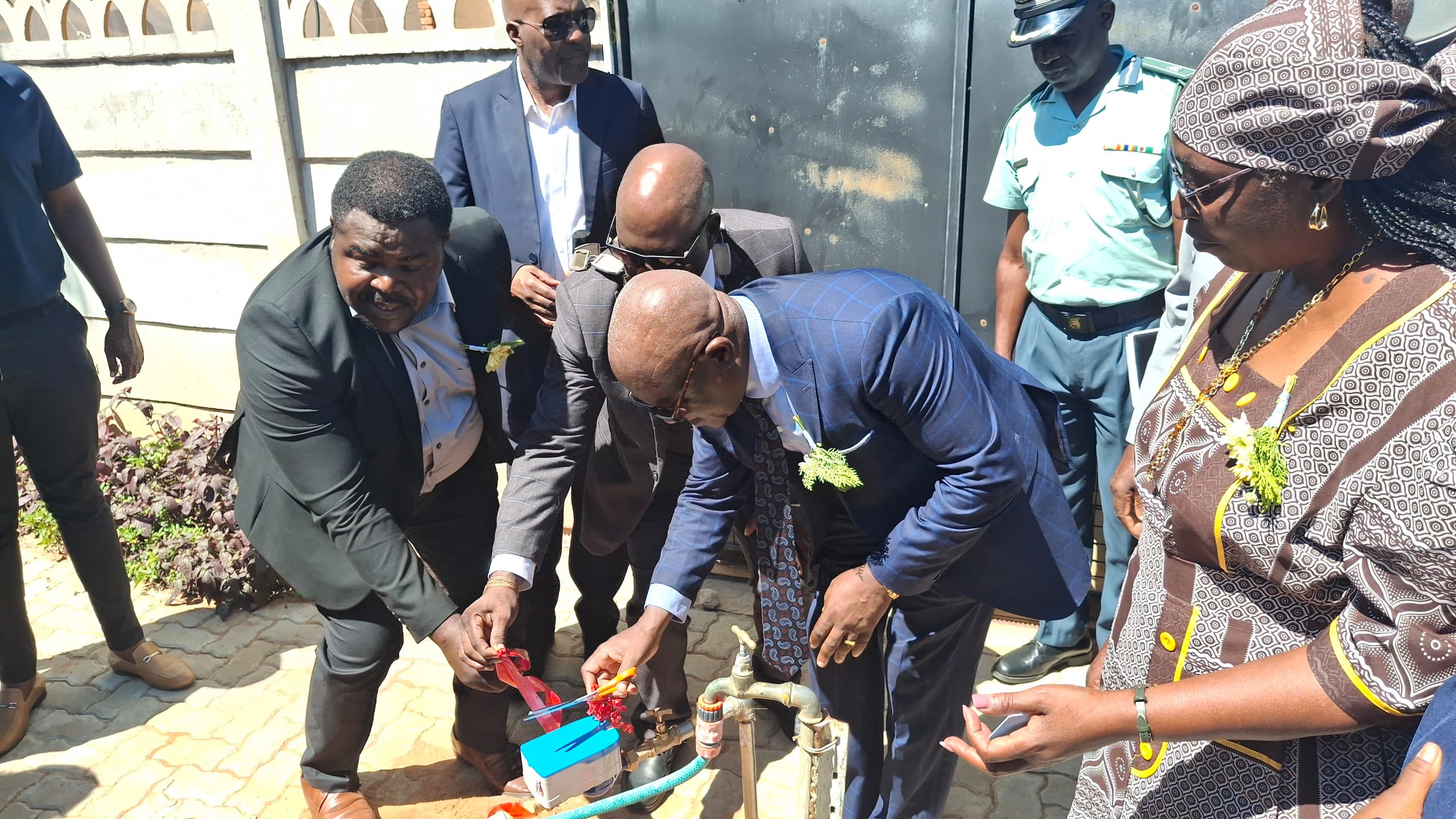Member of parliament Justina Jonas, National Assembly, Windhoek, 2025
I stand before this august House as a proud representative of the Swapo Party, rooted in the legacy of the workers’ movement and trade unionism through the National Union of Namibian Workers (NUNW).
The NUNW has historically been a key pillar in the revolutionary struggle led by Swapo, a movement grounded in the pursuit of social justice, workers’ rights, and national liberation. I extend my heartfelt gratitude to the NUNW, the Swapo Party, and the Namibian people for entrusting me with the honour of representing them in this house.
Under the able leadership of the late Sam ‘Shafiishuna’ Nujoma, our founding father, the leader of our revolution and the first president of the republic of Namibia, Swapo evolved from a workers’ party into a liberation movement that ushered in Namibia’s independence.
The NUNW was integral in this fight, resisting colonial oppression, fighting against the exploitative South West African Native Labour Association (Swanla) system, and aligning itself with the Swapo Party political programme in pursuit of freedom and dignity for all Namibians.
I come from a humble background of public service and entrepreneurship. Having worked as a security guard, a kapana vendor, and a hairdresser, eking out a living before joining the labour movement in 2003, I was inspired by the resilience and conviction of leaders such as the late Peter Iilonga, Risto Kapenda, Jacob Nghifindaka, Petrus Nevonga, ambassador Ella Kaiyamo, Evaristus Kaaronda, David Namalenga, Loide Kasingo, Bobby Kandjala, Jeffrey Naobeb and many others, all of whom have played pivotal roles in the fight for justice and dignity for Namibian workers.
Let me congratulate Ericah Shafiuda, minister of finance and public enterprises, and her entire team for crafting the 2025/26 national budget under the leadership of president Netumbo Nandi-Ndaitwah.
This budget was tabled before this house on 27 March 2025, and it is a commendable effort that responds directly to the aspirations of our people.
The president aptly reminded us that “we are too few to be poor.” Indeed, this budget aligns with the social contract between Swapo and the people of Namibia, as articulated in the 2025 Swapo Party manifesto. It is a people-centred, mass-based budget that touches every corner of society. It is labour-sensitive, gender-sensitive, and youth-focused.
The Namibian people have once again renewed their trust in the Swapo Party because our manifesto speaks directly to their lived realities and dreams. The manifesto is not a document of promises, it is a vehicle for service delivery. Through this budget, our people must be able to see, feel, and experience real and tangible transformation in their daily lives.
Swapo has a proven track record. Under colonial rule, Namibian workers, especially Black workers, were denied basic human rights. There was no legal recognition of labour rights, no freedom of association, no access to fair hearings upon dismissal, and no rights to collective bargaining or skills development. Today, thanks to the Swapo-led government, Namibian workers enjoy legal protections that continue to evolve in pursuit of fairness and equity.
In supporting this budget, it is crucial to acknowledge that Swapo is the people, and the people are Swapo. No country exists without its challenges. Namibia’s population has now surpassed 3 million people, and with that growth comes increased demand for infrastructure, jobs, and services.
This budget responds to those challenges with a bold target of creating 500 000 jobs over the next five years. It prioritises:
• quality education and healthcare,
• equitable access to land, housing, and sanitation,
• poverty eradication, and
• the strengthening of laws and institutions to improve service deliver.
This government has consistently fostered a conducive labour environment for both workers and employers. The 2025 to 2030 Swapo manifesto emphasises full compliance with labour laws, and we must now take the following steps:
i. Finalise and modernise key legislation such as the Labour Act, the Social Security Act, and the Affirmative Action (Employment) Act to ensure alignment with the Namibian Constitution and international labour standards.
ii. Ensure that lawful strikes are respected, and that workers do not lose income when exercising their constitutional right to strike in pursuit of fair collective bargaining.
iii. Strengthen enforcement of the Affirmative Action Act. At present, non-compliance by employers and inefficiencies within the Employment Equity Commission have diluted its effectiveness. This failure undermines efforts to correct gender disparities, income inequality, and underrepresentation of designated groups in the workforce.
On 1 January 2025, the Swapo-led government kept its promise by implementing a national minimum wage. This policy is a milestone aimed at improving the basic standard of living, reducing income inequality, and stimulating economic growth, particularly through enhanced consumer spending and improved worker productivity.
Supporting this budget will empower labour agencies to enforce the national minimum wage across vulnerable sectors such as:
• charcoal production,
• retail and wholesale,
• logistics and security services, and
• domestic work, including workers in the informal economy.
This enforcement is crucial to protect workers from exploitation and to ensure dignity at work.
This budget is a continuation of Swapo’s legacy of liberation through development. It speaks to our commitment to the Namibian workers, the Namibian child, and the Namibian future.
Let us all rise above narrow interests and support a budget that lays the foundation for shared prosperity, inclusive growth, and social justice for all.
As we embark on this important journey, I extend my best wishes of good health and wisdom to president Netumbo Nandi-Ndaitwah, to you, Madam speaker, the deputy speaker, the cabinet, and to all of us as members of parliament. May we serve our people with unwavering dedication, passion, and love, without compromise.
I also humbly call upon the working class of Namibia to engage with the national budget and take ownership of it.
The budget is not just a financial document; it is a socio-economic, legal, and political instrument that directly affects our workplaces and livelihoods.
Stay informed with The Namibian – your source for credible journalism. Get in-depth reporting and opinions for
only N$85 a month. Invest in journalism, invest in democracy –
Subscribe Now!










